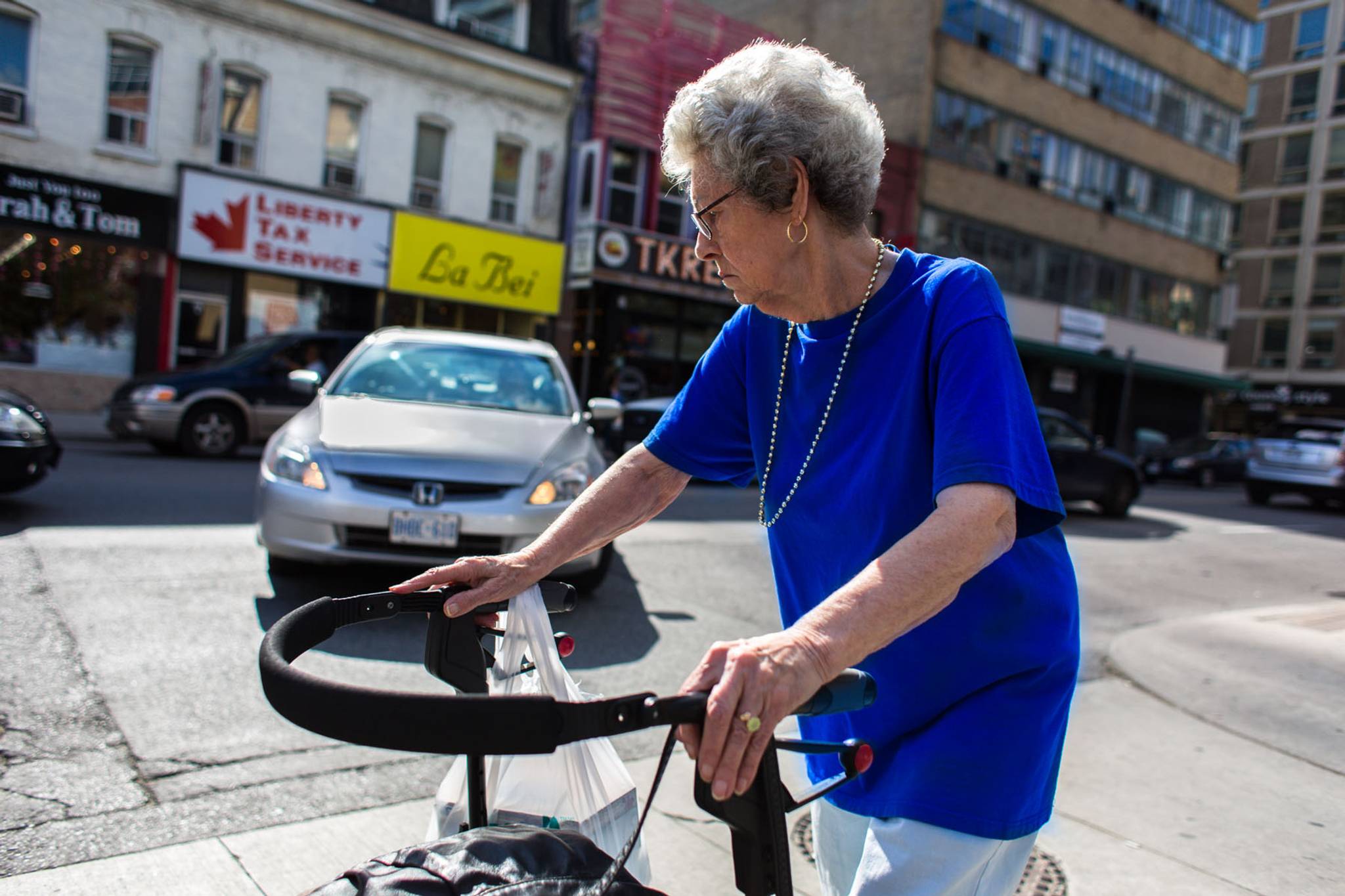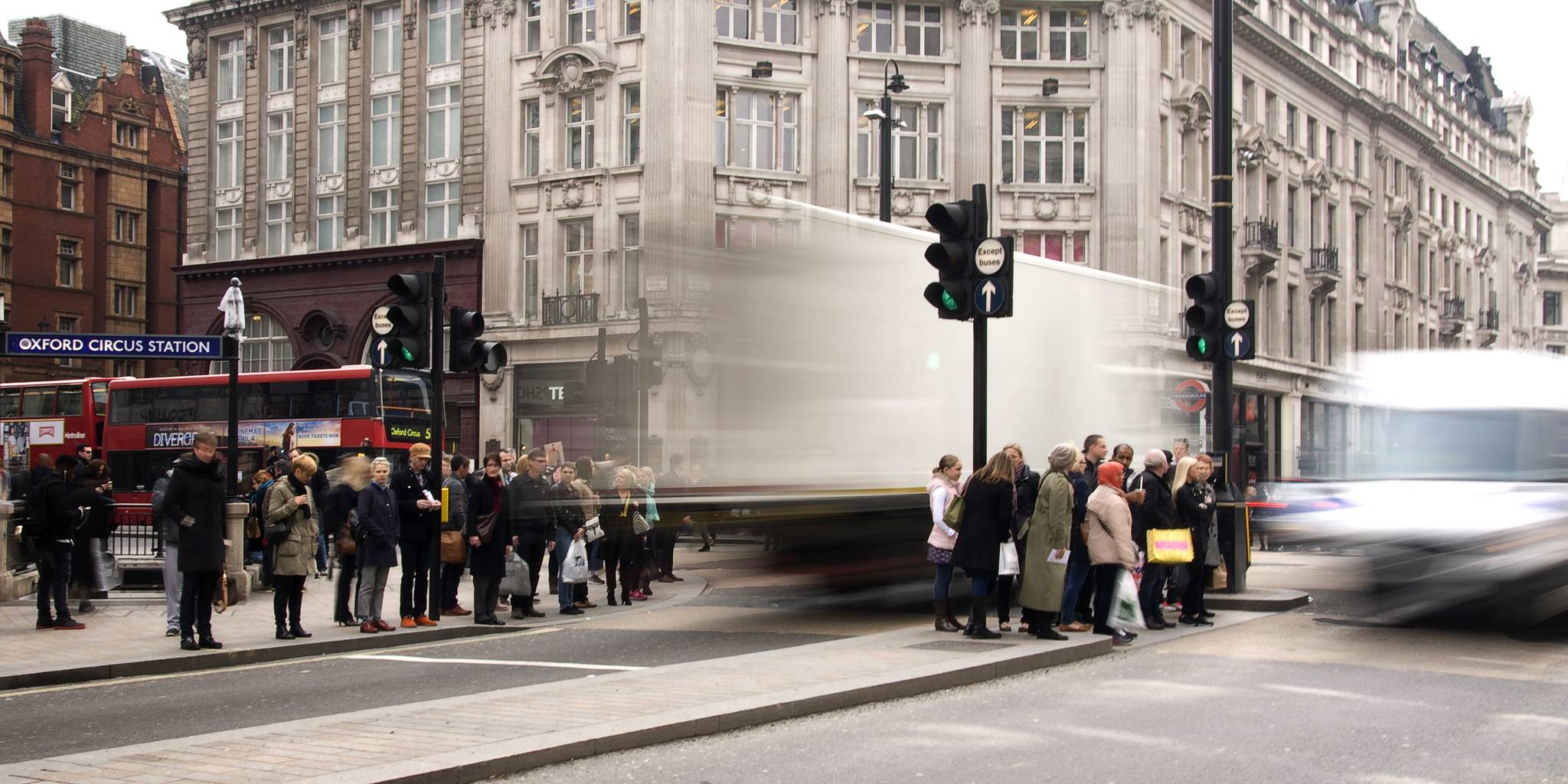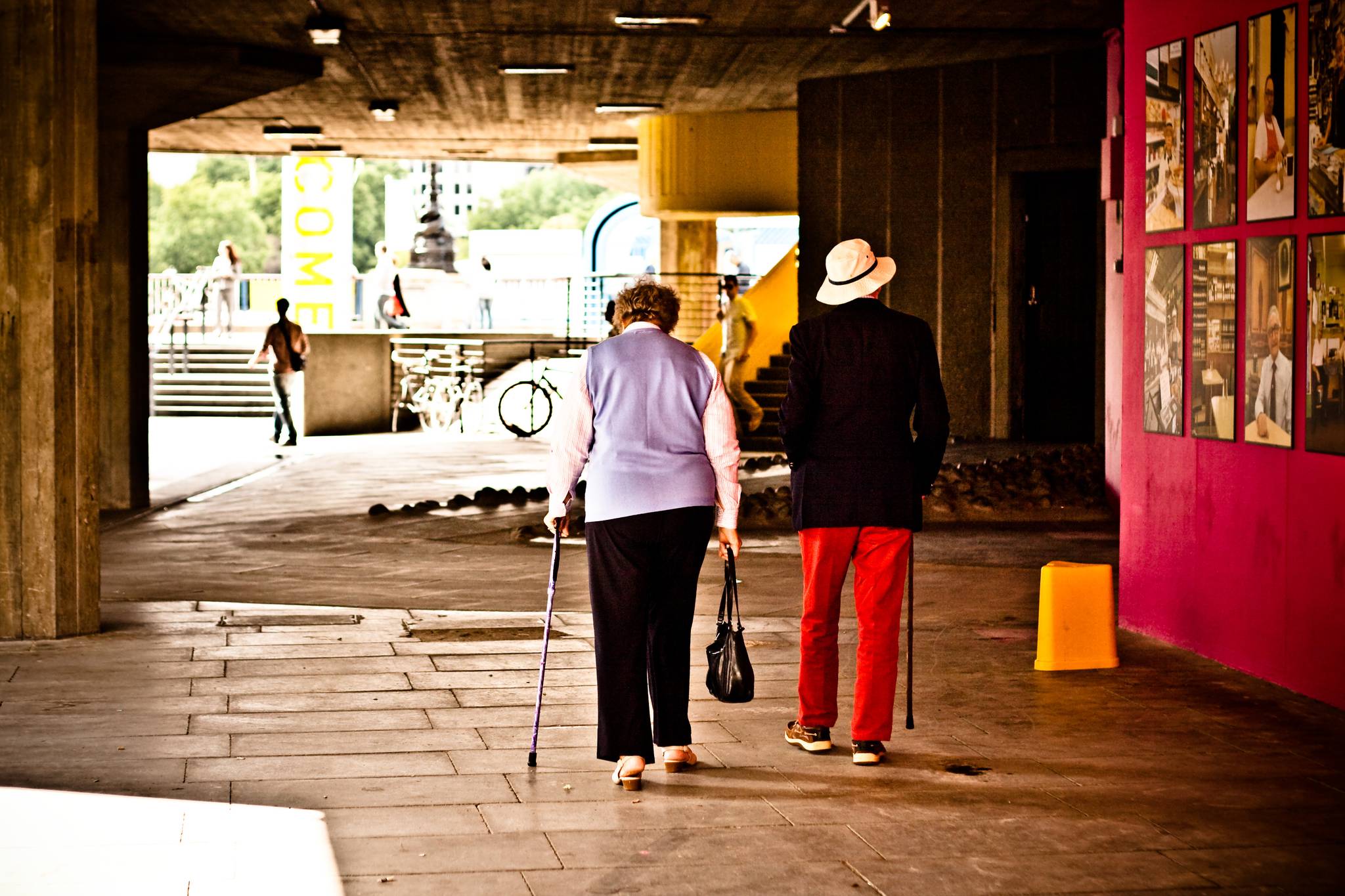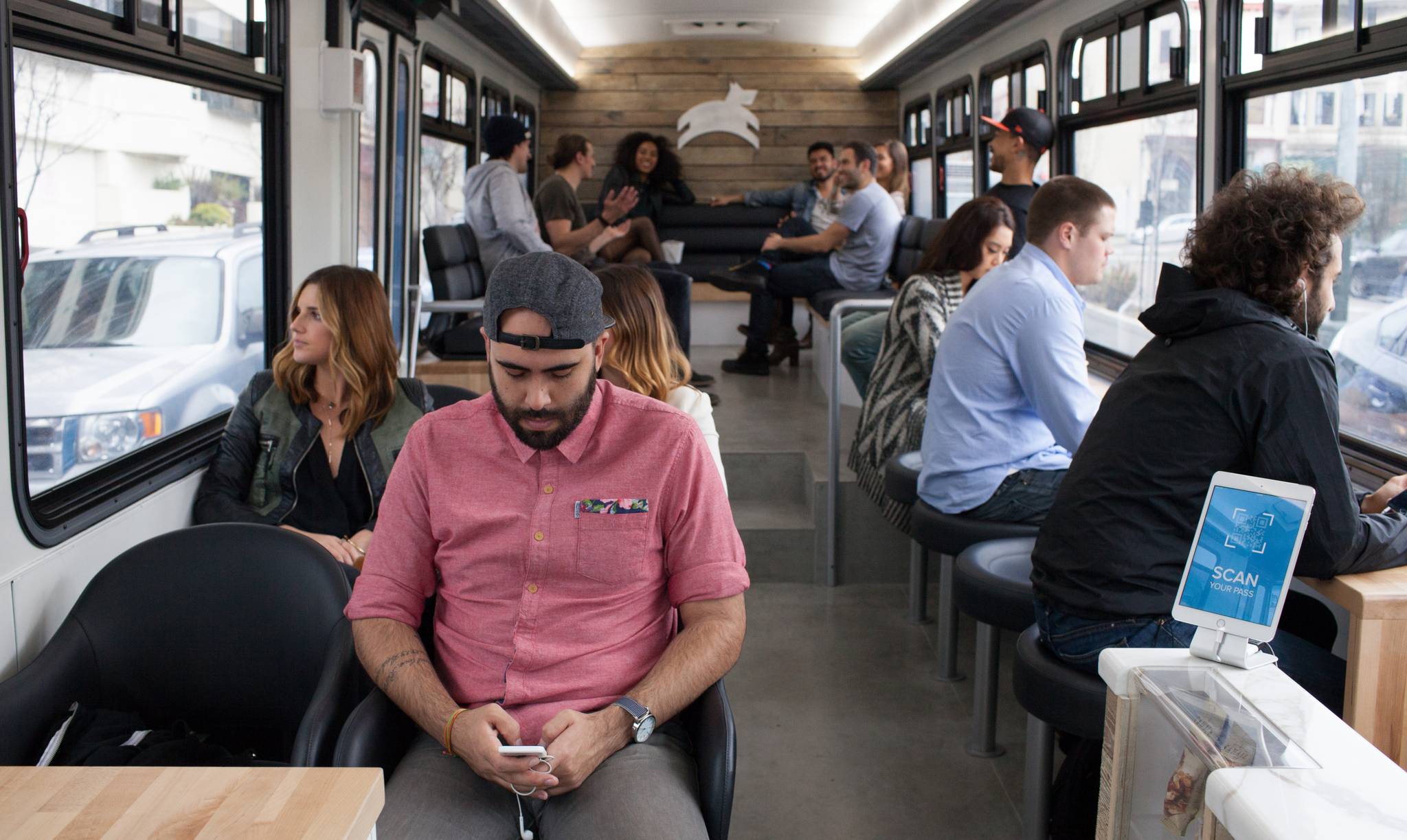
©Kat N.L.M. (2013)
REPORT
A sector snapshot of getting around30 Sep 2015
How could driverless cars accelerate commuter commerce? Why are caring cabbies going the extra mile? What does ride-sharing mean for the future of public transport? And why are we pounding the pavements to get around our cities?
- Sector
Canvas8
Related



